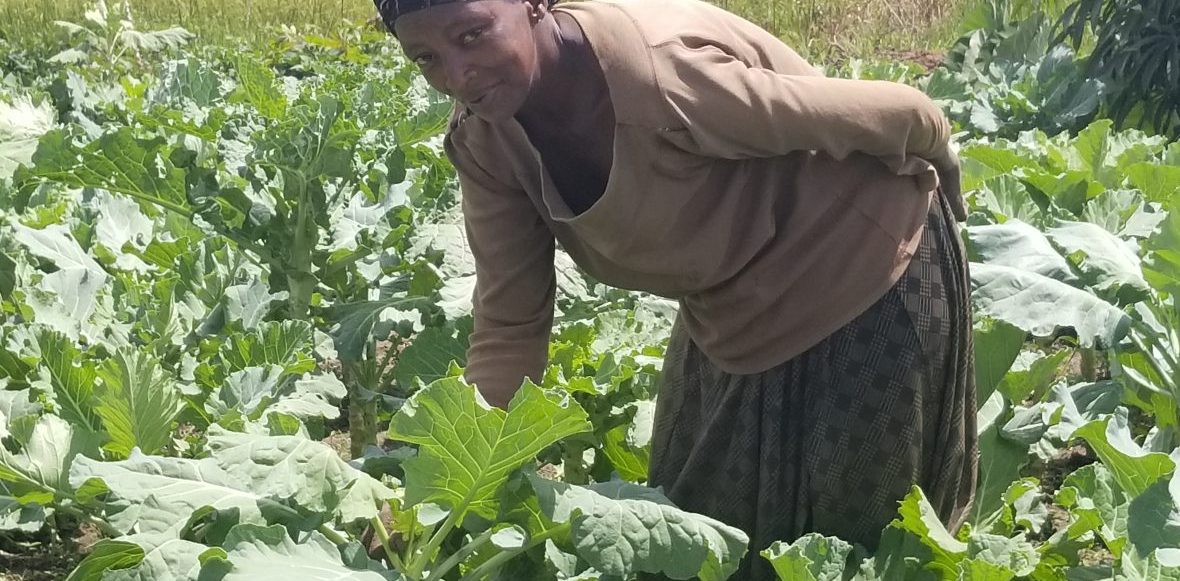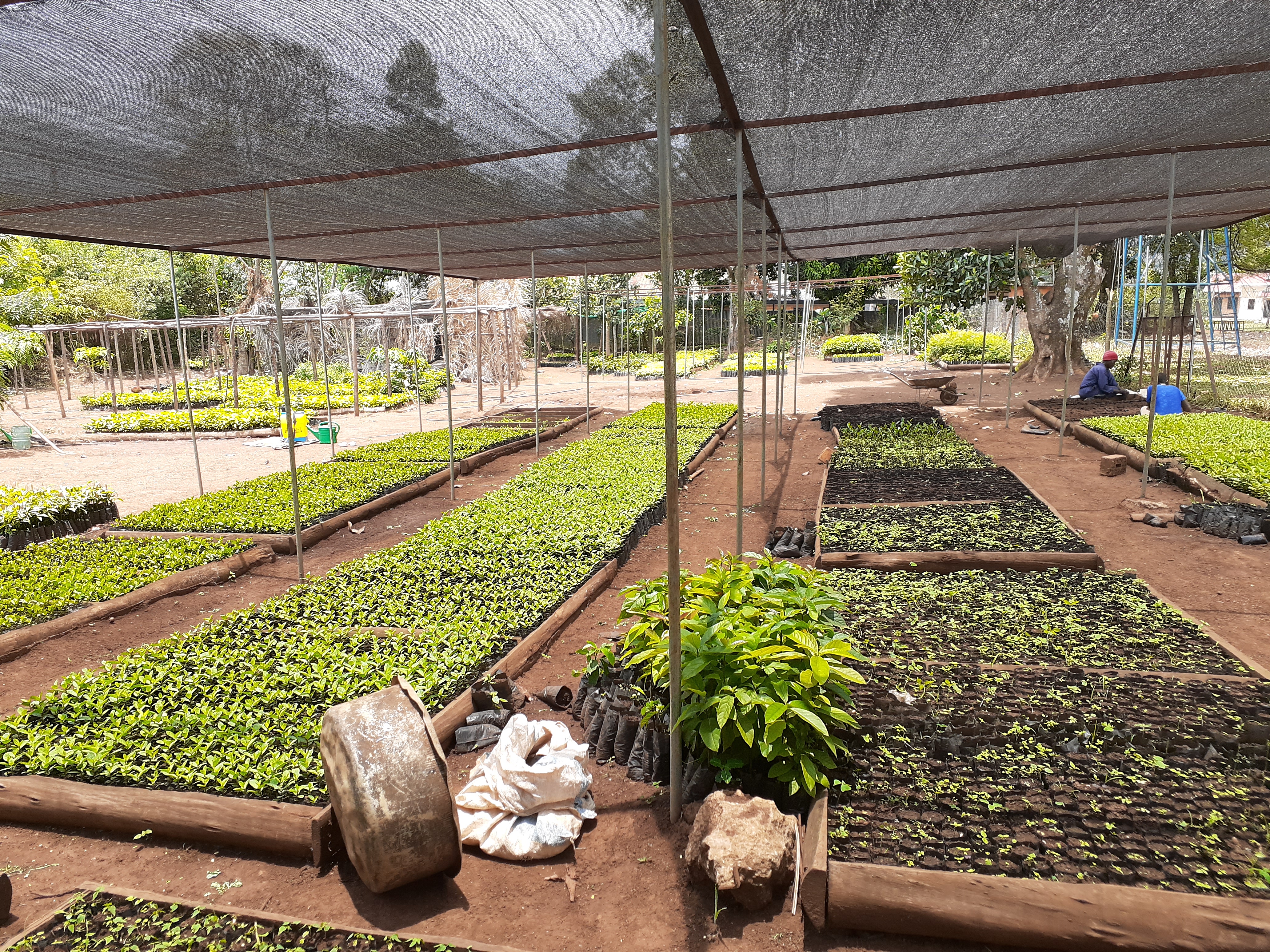
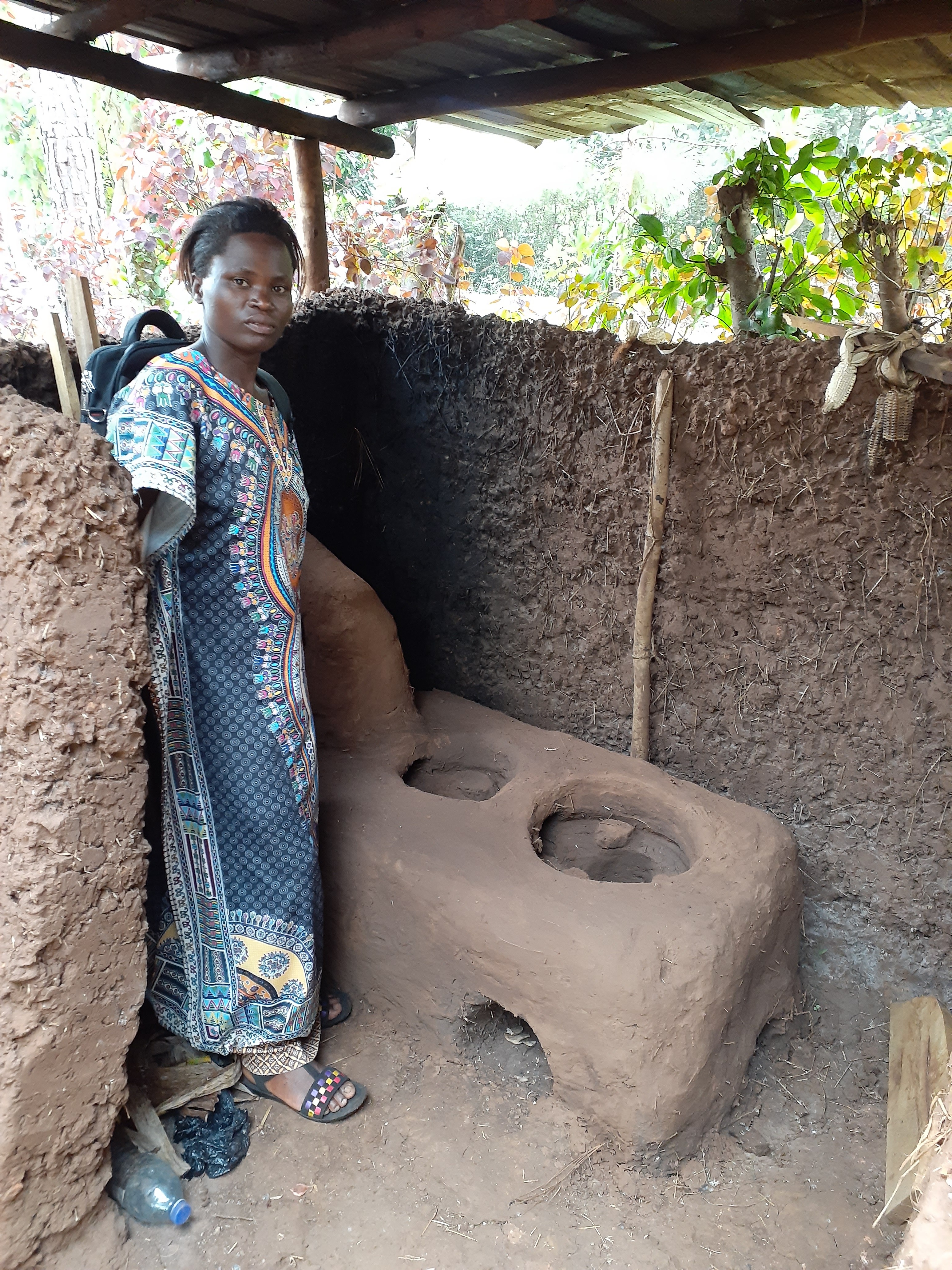
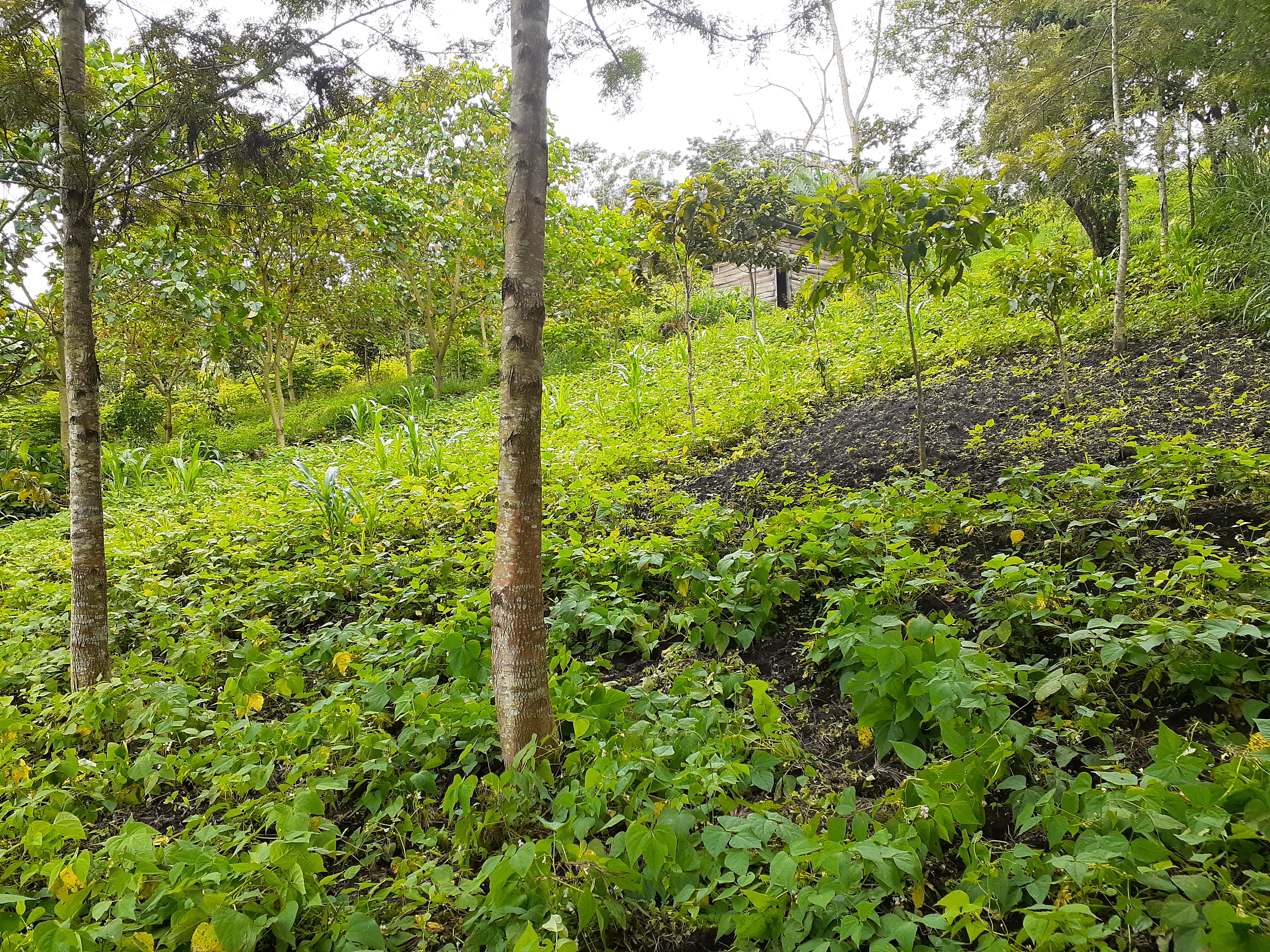
Eco-Agric Uganda helps in conserving the environment through;
A) Promoting Tree planting. We provide tree seedling and train the communities on how to plant trees and woodlots. We train on Agro-forestry and encourage farmers to practice afforestation. With a collaboration with UNDP/ WWF under a project “Strengthening sustainable environment and natural resource management” in Gombe Sub County in 2014-2015, Eco-agric Uganda established 10 commercial woodlots with 10,550 supplied tree seedlings. 1,010 grafted fruit trees were also supplied to the community and planted in their compounds and along their land boundaries.
B) Energy conservation technologies. We train on construction and use of energy saving cook stoves to help in reducing on the number of trees cut down for firewood. We promote use of water filtering technology using water filters to reduce on firewood used for boiling water.
Briquette production: A good number of trees are cut to produce cooking charcoal which has resulted into diverse effects on the environment. For a cleaner, greener and healthier Uganda, Eco-Agric Uganda under its Environment Conservation thematic area has taken on a program of briquettes production from dry organic waste materials as an alternative to charcoal to reduce tree cutting for charcoal production. Energy is key for human survival, controlling cutting trees to produce charcoal for energy becomes also most impossible without an alternative source of energy. Therefore, making briquettes from organic dried waste material is an alternative to producing charcoal without tempering with trees.
Farmers obtain a lot of crop residues which they end up burning as they clear their gardens for next planting. Giving these residues another value, is an alternative benefit to farmers who find it very profitable since the demand for charcoal by urban population is high. Briquette production is therefore championed as an Income Generating Activity especially for youth and women since the raw materials are totally free and can easily be accessed.
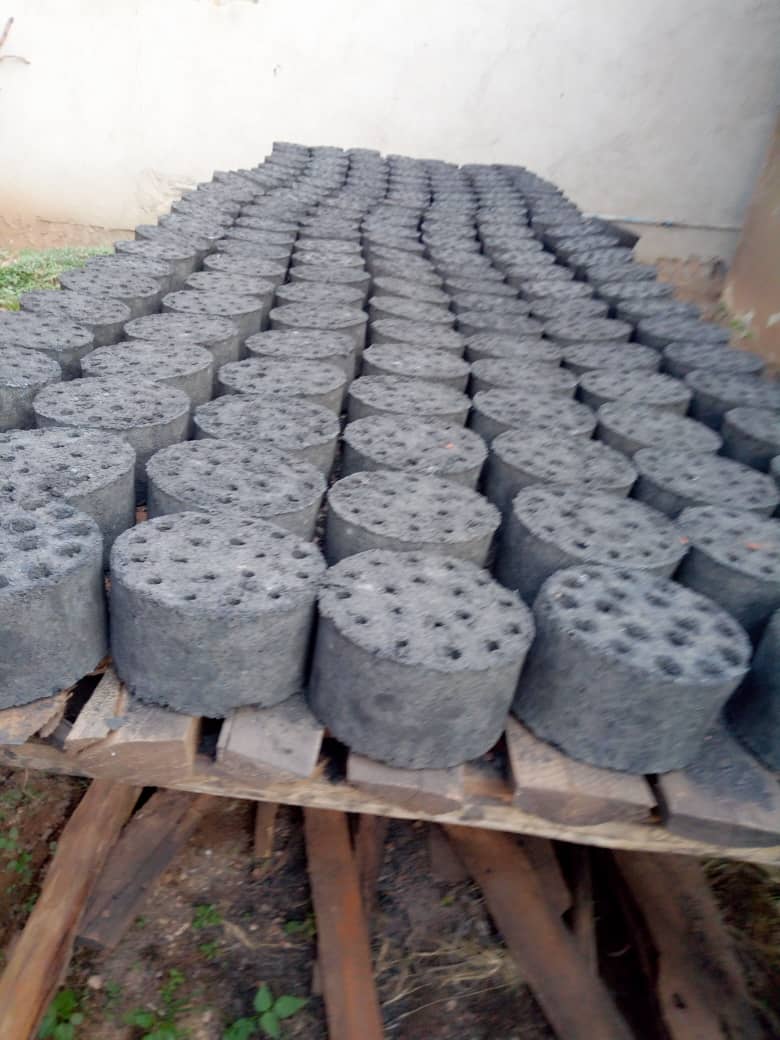

C) Biodiversity conservation. We promote and train communities on biodiversity loss, biodiversity conservation and its related effects.
D) Climate change. This is our major focus for all our environment conservation interventions which are geared towards controlling it. Communities are trained about Climate change, its effects, control as well as its causes where man’s activities are having a big contribution.
